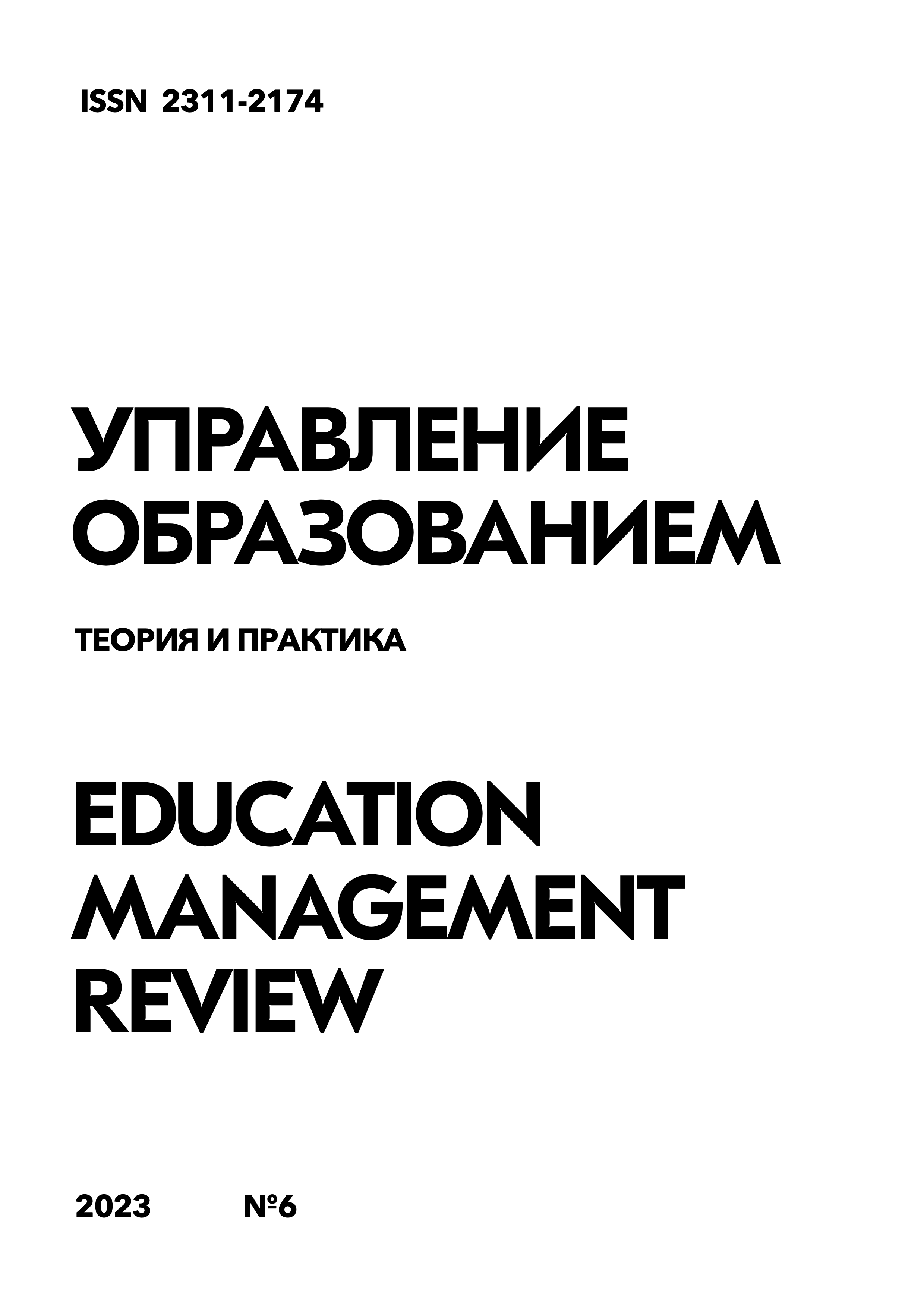Informatization and technologies in the educational process in the aspect of quality improvement
DOI:
https://doi.org/10.25726/g6219-8514-9412-yKeywords:
informatization, education, research, ICT, competenceAbstract
This article explores the impact of informatization and technologies on the quality of education. In the modern world, the use of information technology has become an integral part of the educational process, providing a more efficient and effective way of learning. The article discusses various forms of informatization, including e-learning, virtual classrooms, online testing, and educational software. It also highlights the benefits of using technology in education, such as improved student engagement, personalized learning, and access to a broader range of resources. Furthermore, the article considers the challenges and limitations of informatization and technologies in education, including issues of access and equity, lack of teacher training, and concerns around student privacy and security. In conclusion, the article emphasizes the need for continued research and innovation in the field of informatization and technologies in education to ensure that these tools are utilized to their full potential in improving the quality of education. In recent years, the integration of information technology into the educational process has become increasingly prevalent. Informatization and technologies are changing the way students learn and teachers teach, leading to a more efficient and effective way of education. With the use of technology, students have access to a broader range of resources, personalized learning experiences, and improved engagement, ultimately leading to a better quality of education. However, while technology provides numerous benefits, it also presents several challenges that need to be addressed to ensure that these tools are used to their full potential.
References
Anderson J. (Ed.), van Weert T. (Ed.), & Duchâteau, C. (2002). Information and communication technology in education: A curriculum for schools and programme of teacher development. Paris: UNESCO.
Lucena I. V. (2016). La aplicación de las TIC y la evaluación por competencias en el Grado en derecho [application of ICT and evaluation for competences in the degree in Law]. International Journal of Educational Research and Innovation, 5, 42–54.
Pegalajar M. C. (2018). Information and communication technologies and inclusive teaching: Perceptions and attitudes of future early childhood and primary education teachers. Problems of education in the 21st century, 76(3), 380–392.
Chen K., Li J. (2020). Wisdom education boosts individualized development of students [in Chinese]. Journal of The Chinese Society of Education, (3), 106.
Ren Y., Wan K., Feng Y. (2019). Promoting the sustainable development of artificial intelligence education-interpretation and enlightenment of UN’s “artificial intelligence in education: challenges and opportunities for sustainable development” [in Chinese]. Modern Distance Education Research, (5), 3–10.
Shen Y., Tian Y., Zeng H. (2020). Education private network: Helping china’s education informatization to a new stage-interview with Professor Wu Jianping, academician of the Chinese Academy of Engineering [in Chinese]. e-Education Research, (3), 5–9.
Sun L., Liu S., Li M. (2019). Prospect of China’s educational informatization development for 2035—Based on description of China’s Educational Modernization 2035 [in Chinese]. China Educational Technology, (8), 1–8.
Sun Z., Yao, X., You, J. et al. (2018). Detecting the Correlation between Mobile Learning Behavior and Personal Characteristics among Elementary School Students. Interactive Learning Environments, 26, 1-16. https://doi.org/10.1080/10494820.2018.1428633
Wu Y. (2020). The Application of the POA in College English Teaching. Open Journal of Modern Linguistics, 10, 70-81. https://doi.org/10.4236/ojml.2020.101005
Fu H., & Li, F. (2021). Optimizing the Construction of College English Mobile Teaching Oriented by Industry Demand. Creative Education, 12, 737-746. https://doi.org/10.4236/ce.2021.124052
Nevado-Peña D.; López-Ruiz, V.R.; Alfaro-Navarro, J.L. (2019) Improving quality of life perception with ICT use and technological capacity in Europe. Technol. Forecast. Soc. Chang. 148.
Ibujes Villacis J.M.; Franco-Crespo, A. (2019) Use of ICT and its relationship with the Objectives of Sustainable Development in Ecuador. RetosRev. De Cienc. De La Adm. Y Econ. 9, 37–53.
Chou P.N. (2019) Smart Technology for Sustainable Curriculum: Using Drone to Support Young Students’ Learning. Sustainability, 10, 3819.
Boulahrouz Lahmidi M.; Medir Huerta, R.M.; Calabuig i Serra, S. (2020) Digital technologies and education for sustainable development. An analysis of scientific production. Pixel-Bit Rev. De Medios Y Educ. 54, 83–105.
López Belmonte J.; Fuentes Cabrera, A.; López Núñez, J.A.; Pozo Sánchez, S. (2019) Formative Transcendence of Flipped Learning in Mathematics Students of Secondary Education. Mathematics, 7, 1226.




